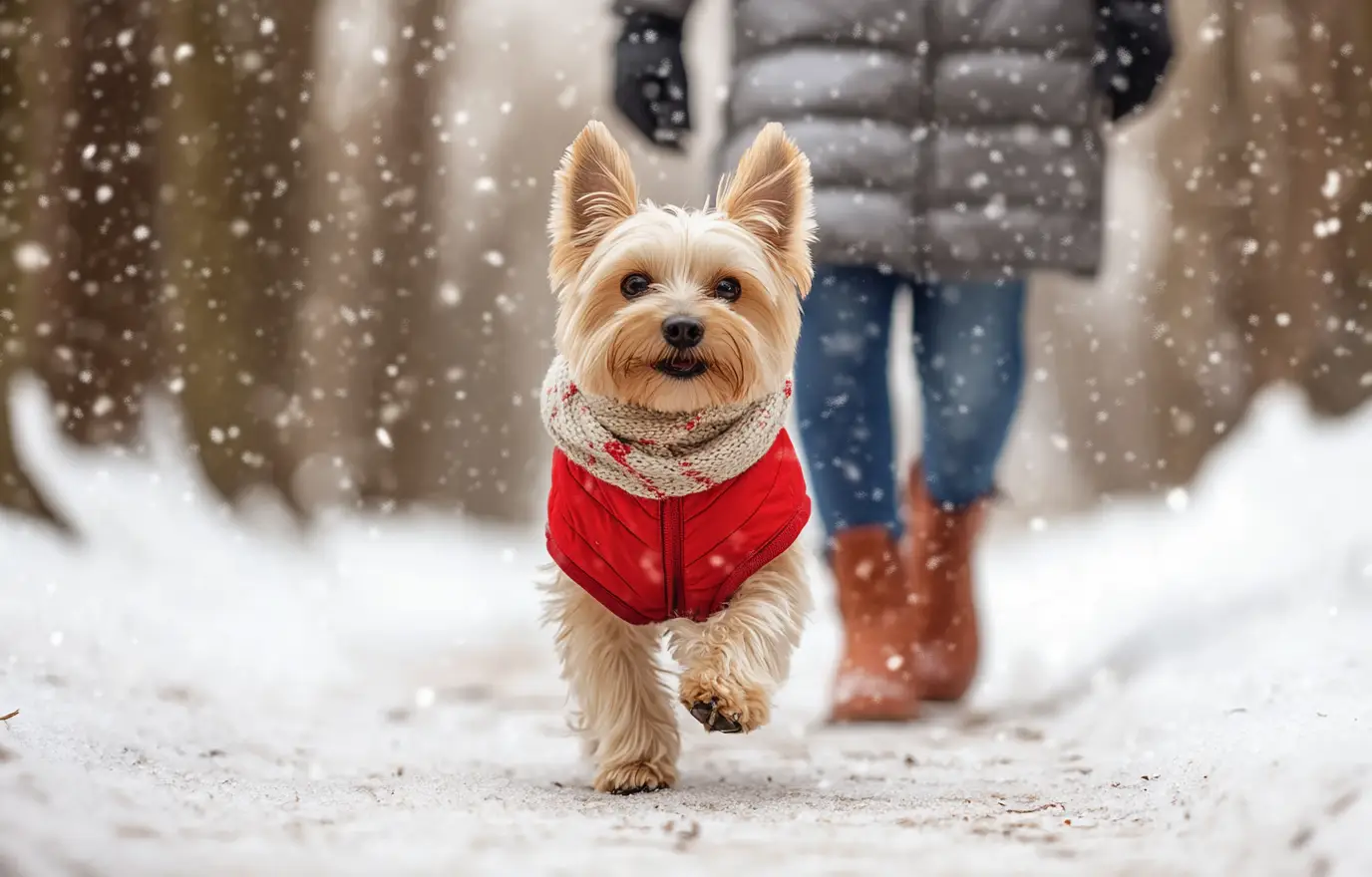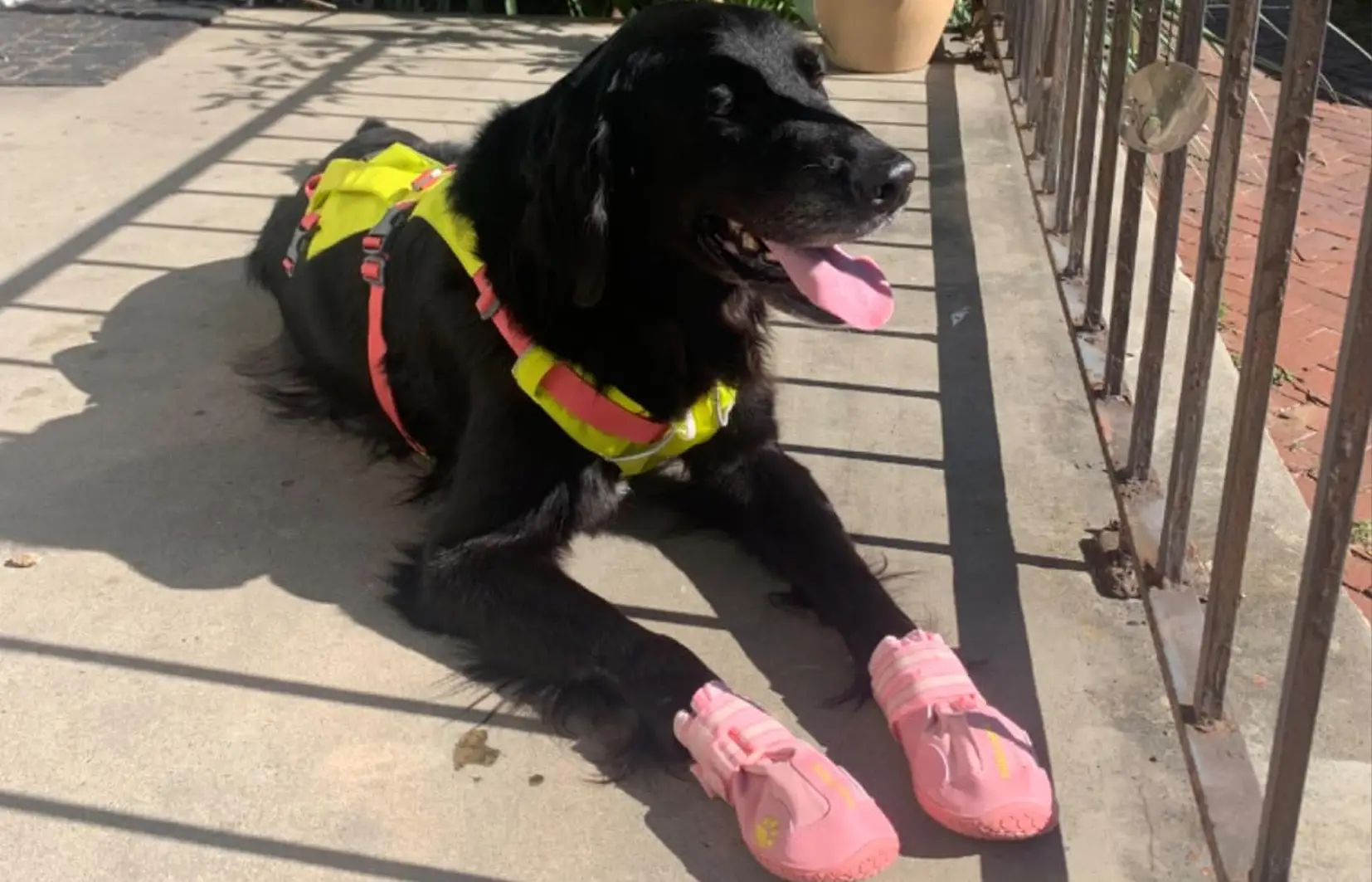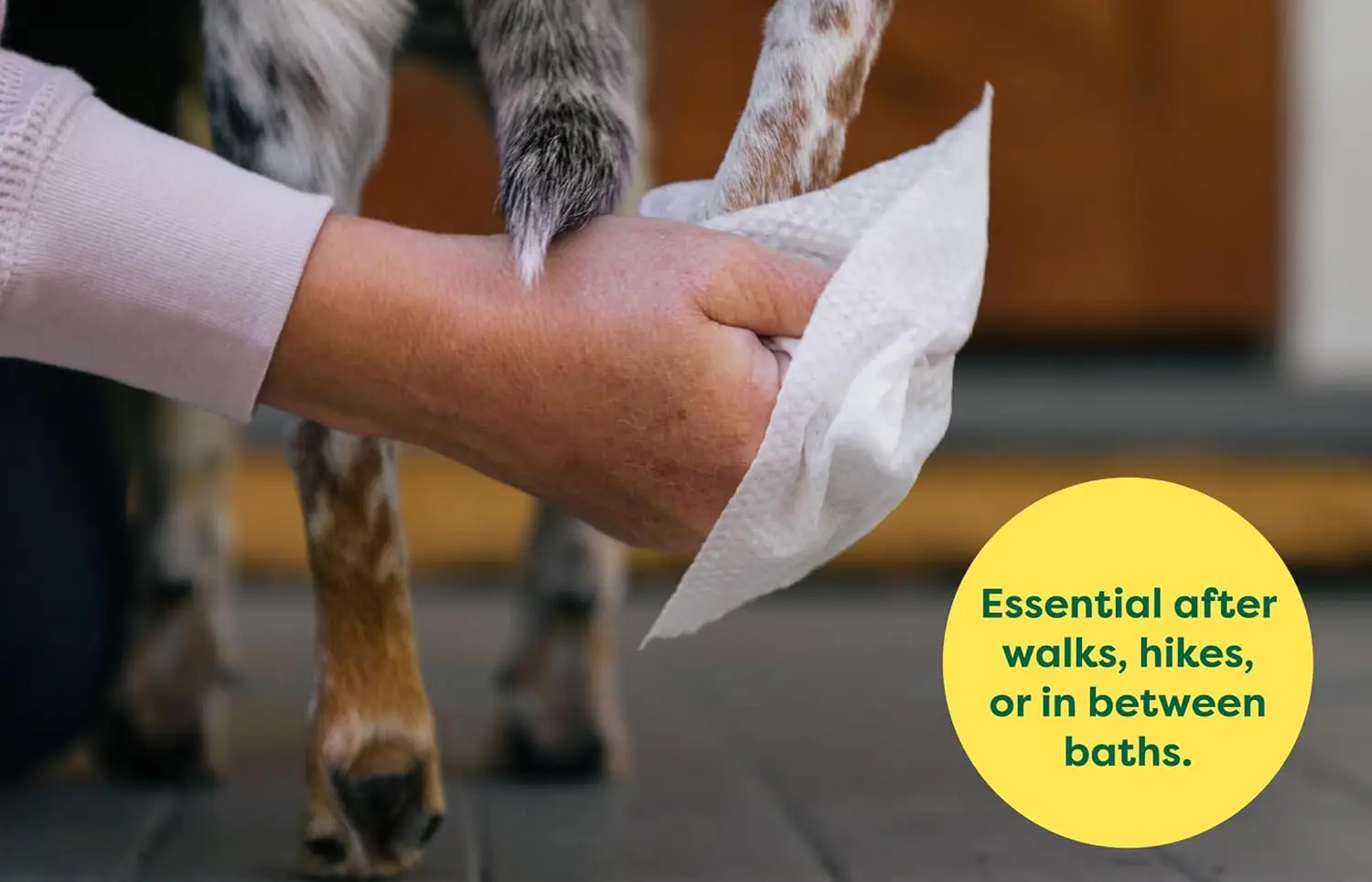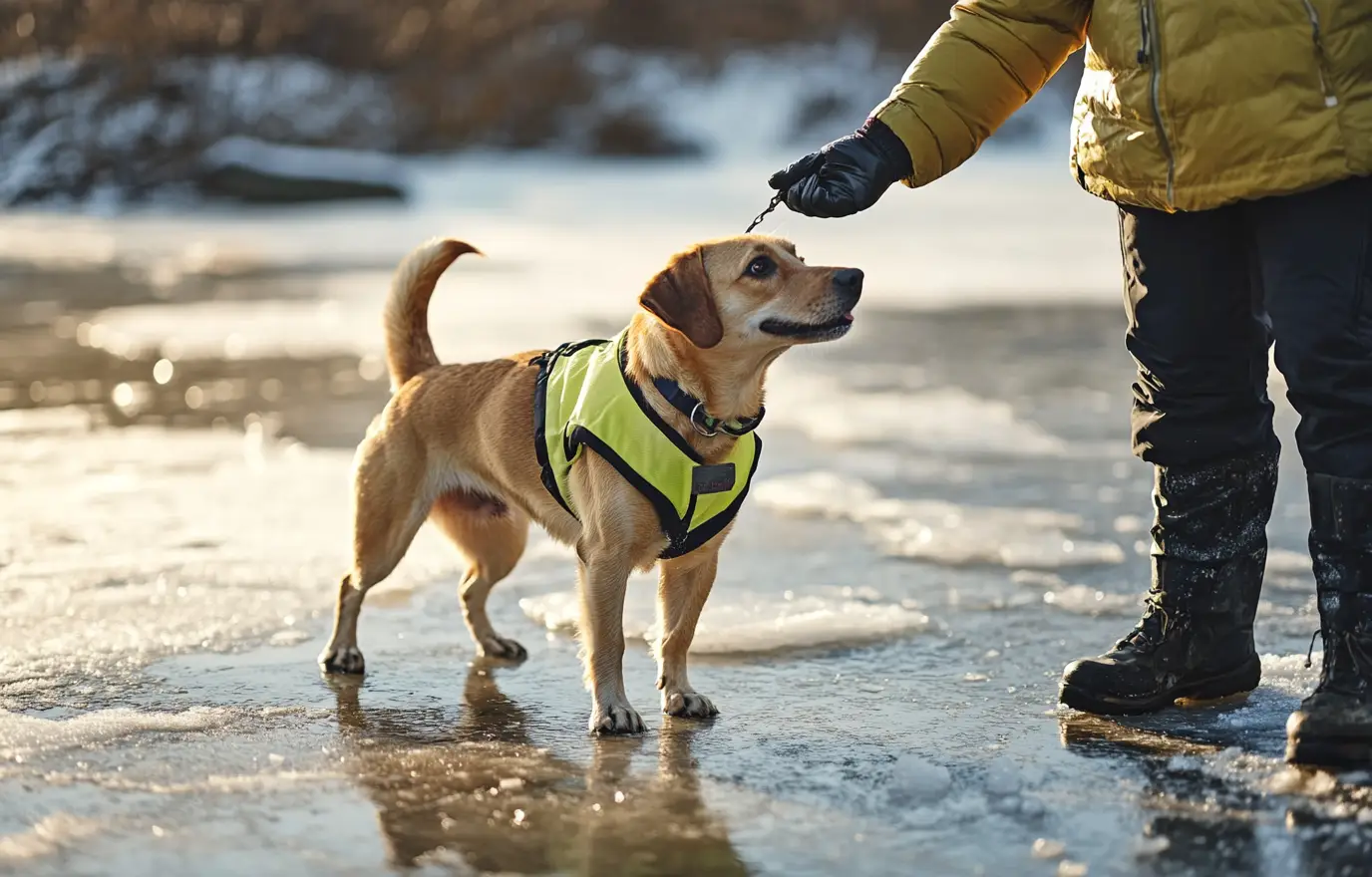How to Keep Your Dog Warm and Safe This Winter

Winter weather can be tough on our furry friends. Just like us, dogs need some extra care during cold months to stay healthy and comfortable. Here’s a practical guide to help you keep your dog warm, safe, and happy all winter long.
RELATED: 4 Ways Keep Your Fur Baby More Comfortable
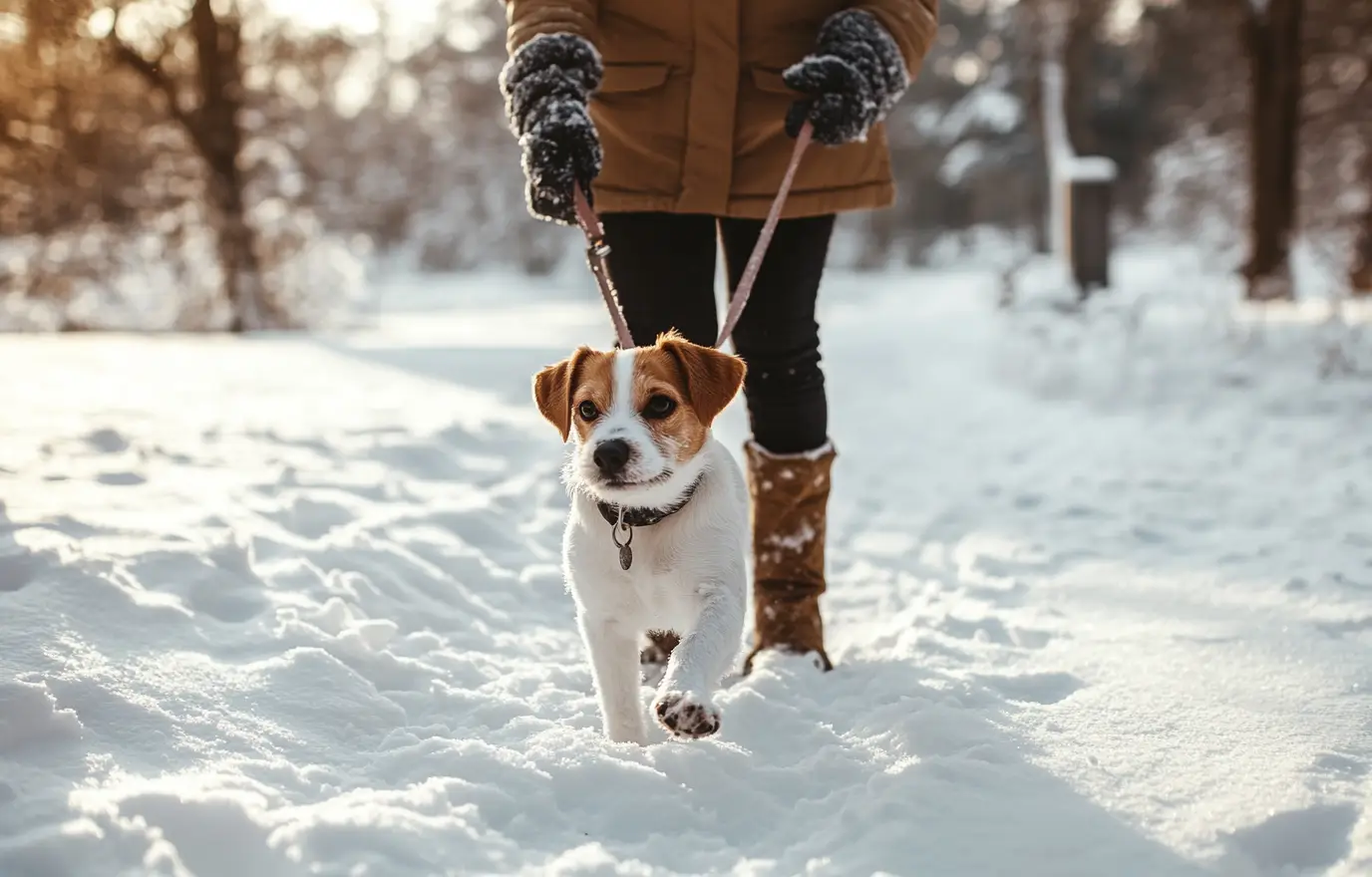
1. Limit Outdoor Time
Even thick-coated breeds can suffer from frostbite, especially on sensitive areas like ears, paw pads, and tails. Keep outdoor trips short during freezing weather and watch for signs of frostbite, such as pale or bluish skin. Northern breeds like Huskies may tolerate cold better, but most dogs benefit from more indoor time when temperatures plummet.
RELATED: Best Deals for Dog Owners on Amazon
2. Bundle Up with Winter Gear
Not every dog is built to handle cold weather—especially short-haired breeds like Greyhounds. Make sure your pup has a winter wardrobe, including snug-fitting sweaters or insulated coats, to help them stay warm during outdoor adventures.
3. Protect Those Paws
Cold weather can cause cracked paws and ice balls to form between toes. To prevent injuries, trim any long fur on your dog’s feet, use paw balm to moisturize, and invest in booties to protect against snow, ice, and road salt.
4. Create a Cozy Sleeping Spot
Dogs lose body heat just like we do. Provide them with a warm bed, preferably one raised off the floor to avoid cold drafts. Heated beds or pads are especially helpful for older dogs or breeds that tend to get chilly easily. Look for beds with auto-shutoff features to ensure safety.
5. Clean Your Dog’s Feet After Walks
City streets are often treated with de-icing chemicals that can irritate your dog’s paws. Keep a bucket of warm water near your door to rinse off their paws after walks. This prevents chemicals from being ingested during grooming and keeps skin healthy.
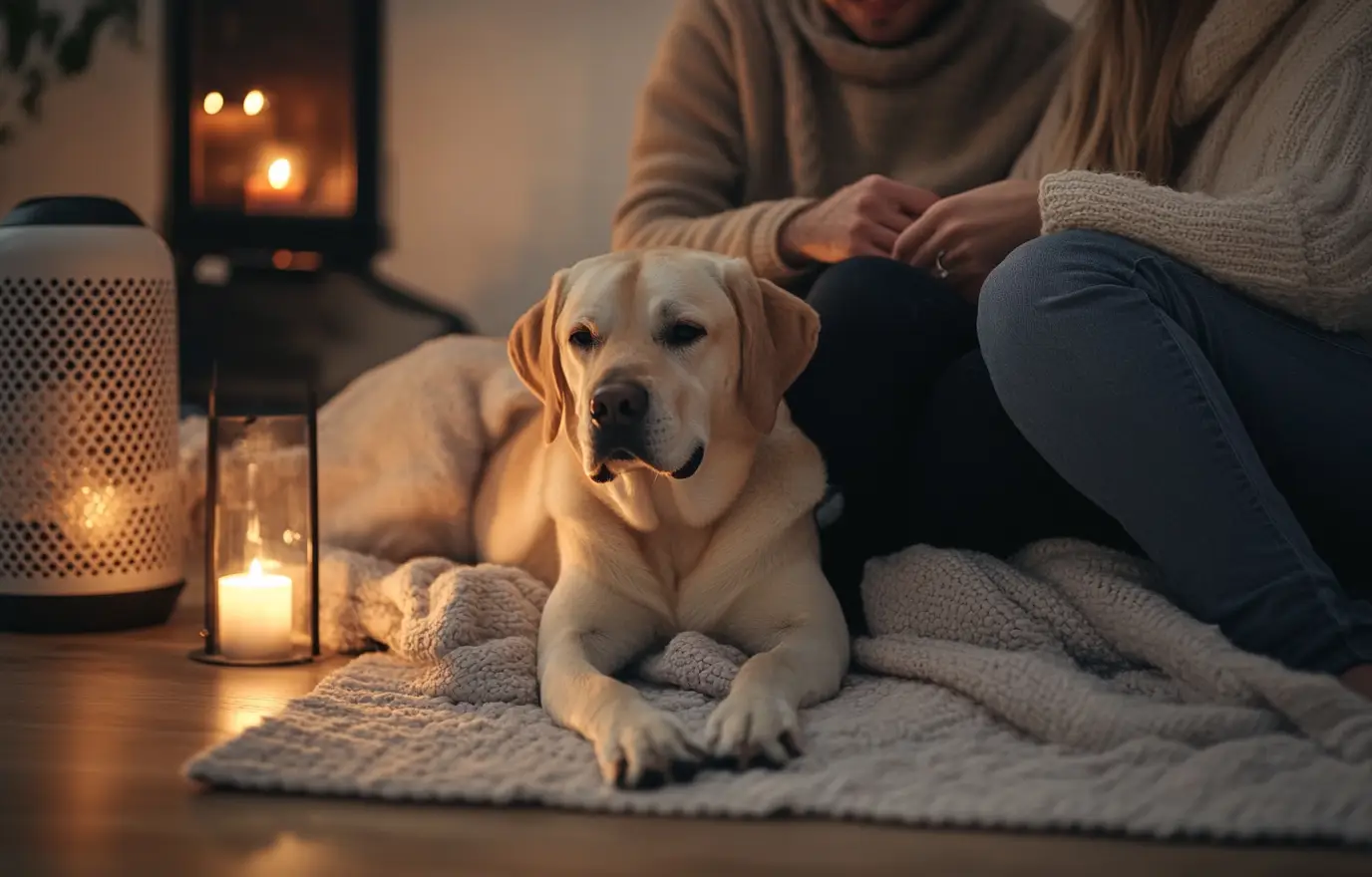
6. Stay Prepared for Power Outages
Winter storms can knock out power, leaving your home cold. Have a plan to keep your dog warm—such as cozy blankets, battery-powered heating pads, and warm water bottles. Make sure your dog has plenty of water, too, as dehydration is common in dry, cold weather.
7. Beware of Antifreeze and Thin Ice
Antifreeze spills can be deadly for dogs—just a teaspoon can cause kidney failure. Keep antifreeze stored securely, and avoid letting your dog sniff puddles on streets. Also, never let your dog play on frozen lakes or ponds; ice can crack unexpectedly, creating a dangerous situation.
Winter doesn't have to be tough for your dog! With the right gear, grooming routine, and a bit of preparation, you can ensure your dog stays warm, healthy, and happy even when the snow is falling.






